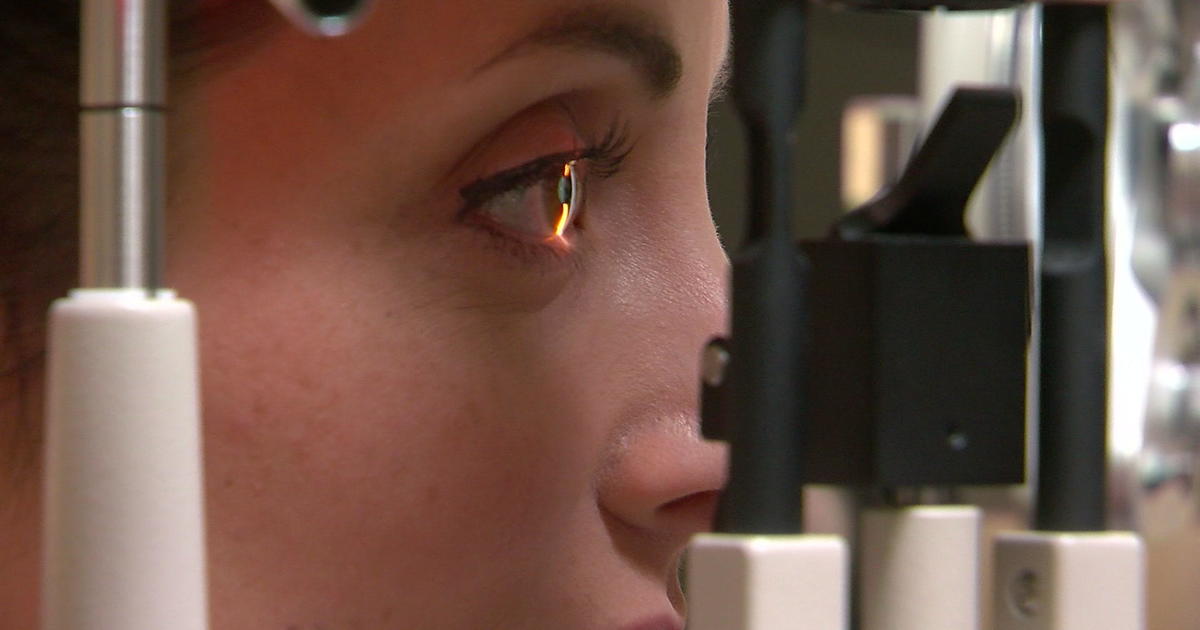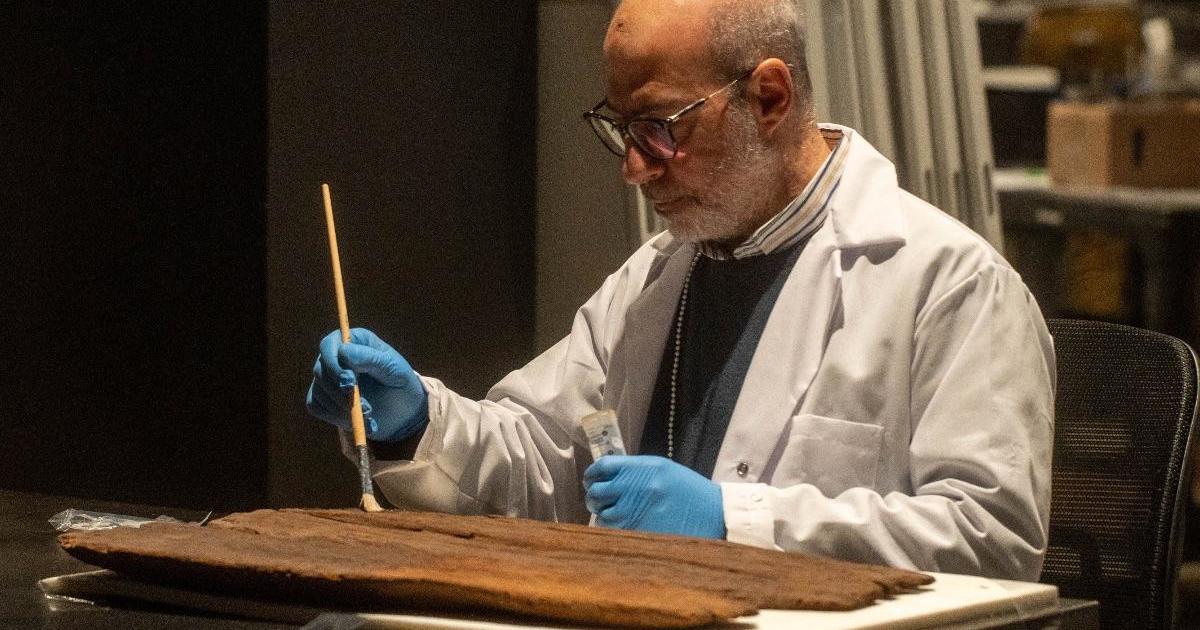New Research Says Coronavirus Can Have Lasting Effects On Heart, Lungs
PITTSBURGH (KDKA) - New research shows COVID-19 can have lasting effects on the lungs and heart.
"There's inflammation in the lungs, you're on the ventilator, there's a lot of damage done," says Dr. Tariq Cheema, a pulmonary and critical care specialist at the Allegheny Health Network. "There's always long-term effects. COVID is no exception."
In a study from Austria, among 86 patients hospitalized with coronavirus from April to June, up to 40 percent had coughing and shortness of breath at 12 weeks, and more than half of them had lung damage on CT scan.
Doctors can see traces of pneumonia, collapsed lungs or other abnormalities.
"Long-term, you can see scar tissue develop in the lungs, and that is a permanent damage that we see," says Dr. Cheema.
In addition, heart and lung recovery was slow, based on breathing tests, lung CT scans and heart ultrasounds.
"The capacity to carry oxygen may be a little decreased," Dr. Cheema says. "The heart is not pumping as well as it should."
But, as the patients approached 12 weeks, there was improvement on these tests, though not completely back to normal.
"That was a good sign, you know, and that was a surprise to see that they did recover to some extent, and hopefully the trend continues as they keep these studies going longer, and over the next six months we'll really see how things go," says Dr. Cheema.
Some helpful insights come from a French study, showing that patients who got off the ventilator have better outcomes if they go immediately to pulmonary rehab. This is where respiratory therapists work with patients three times a week as an outpatient with breathing exercises to improve lung function.
"This is a new concept," says Dr. Cheema, "Looking at the study, it's something I would definitely start doing in my practice."
The researchers recommend pulmonary rehab for weeks or months for maximum benefit. Whether insurance will cover that remains to be seen.
Even though these studies followed patients for 12 weeks, Dr. Cheema says, that's still short-term in the big picture. More insights will come as we look back over months to years.



